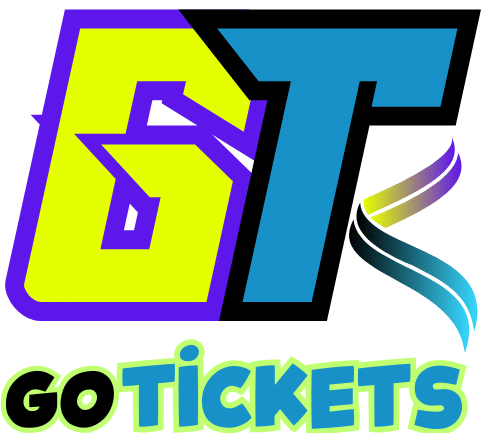Free Music Festival 2024
Date:
Location:
Experience an effortless ticketing process with free access to top events. From concerts to workshops, our platform makes managing and distributing tickets simple, so you can focus on enjoying the moment.


Effortlessly Organize and Distribute Tickets
Streamline Your Ticket Management Instantly
Discover our free ticketing features designed to make event management simple and efficient.
